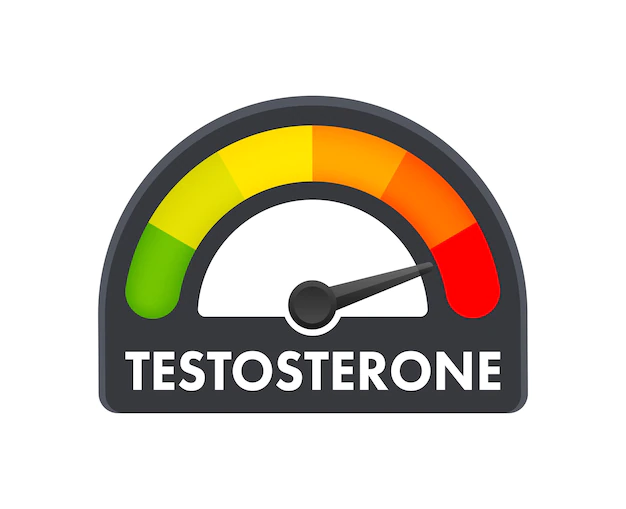What You Should Know About Testosterone Therapy

Testosterone therapy is a treatment that involves the use of testosterone replacement therapy to help men with low levels of testosterone. Testosterone is a hormone that plays an important role in many bodily functions, including the development of male sexual characteristics and the maintenance of muscle mass and bone density.
Here are some important things to know about testosterone therapy:
- It’s not for everyone: Testosterone therapy is generally only recommended for men who have low levels of testosterone and are experiencing symptoms such as low sex drive, fatigue, and decreased muscle mass. It’s not recommended for men with normal levels of testosterone or for women.
- It can come in different forms: Testosterone therapy can be administered in different forms, including injections, gels, patches, and pellets. The form that’s best for you may depend on your individual needs and preferences.
- It may have side effects: Testosterone therapy can have side effects, including acne, breast enlargement, and sleep apnea. It may also increase the risk of prostate cancer, although the evidence is not clear. It’s important to talk to your healthcare provider about the potential risks and benefits of testosterone therapy before starting treatment.
- It may not be a long-term solution: Testosterone therapy is not a cure for low testosterone, and it may not be a long-term solution for some men. It’s important to continue monitoring testosterone levels and symptoms over time to determine whether testosterone therapy is still necessary.
- It can interact with other medications: Testosterone therapy can interact with other medications, including blood thinners and corticosteroids. It’s important to talk to your healthcare provider about all medications you’re taking before starting testosterone therapy.
- Lifestyle changes may also help: Making lifestyle changes such as getting regular exercise, eating a healthy diet, and managing stress may also help improve testosterone levels and overall health.
In summary, testosterone therapy may be an option for men with low levels of testosterone who are experiencing symptoms. It’s important to talk to your healthcare provider about the potential risks and benefits of testosterone therapy and to consider lifestyle changes as well. Regular monitoring of testosterone levels and symptoms is also important to determine whether testosterone therapy is still necessary.
